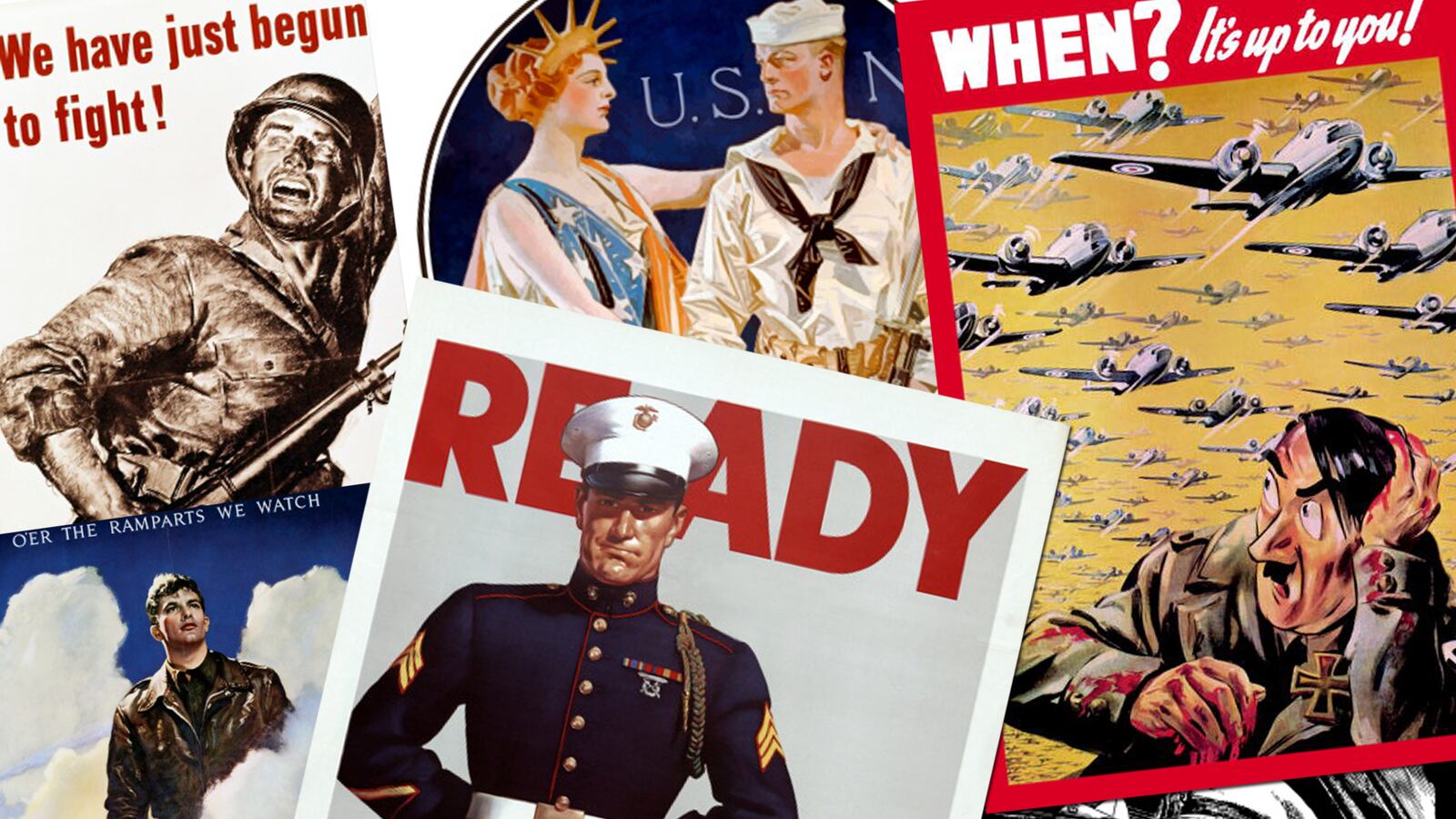Plenty of CIA defenders, and some of its critics, have cautioned us in the last week not to judge too harshly those who conceived, facilitated, or carried out torture in the name of counterterrorism. We are asked to recall the extraordinary environment of fear and uncertainty we faced in the immediate aftermath of September 11, when another attack could come at any moment and thousands more might die. In deciding to set aside past practice and do whatever it took, the professionals we asked to take the lead in preventing the next attack acted not only understandably but patriotically under the circumstances—or so runs the logic of the CIA and its defenders.
It is an unusual kind of patriotism in the name of national security. In the face of the existential security challenge we confronted in World War II, the typical American military interrogator was among the nation’s best and brightest: Ivy educated, slightly older than the average fighter, often first generation, still fluent Japanese-Americans or German-Americans. It was a complex task they were asked to do, and every cultural and experiential advantage would be required. The approach was of a piece with other elements of national strategy. We mobilized our most highly trained and educated across a range of fields to address the new threat: mathematicians and linguists of varied origins to break enemy codes, physicists and engineers to develop weapons. The notion was simple. We would rely on people who could fall back not on fear-driven instinct, but on a lifetime of knowledge and training to guide them when the crisis was at its worst.
Contrast what we learned from the Senate report about the CIA’s approach after September 11. The psychologists the CIA chose to hire to develop and implement its new interrogation program lacked any interrogation experience, background in counterterrorism, knowledge of the enemy, or relevant cultural or linguistic expertise. The interrogators we chose to send into the room with the enemy often not only lacked training or relevant experience, many of them had “serious documented personal and professional problems—including histories of violence and records of abusive treatment of others.” In the face of contrary advice from those who did have relevant expertise—the FBI, the federal Bureau of Prisons, and the CIA’s own documented guidance that coercive interrogation tactics produced only unreliable information (not to mention a host of uncomplicated laws prohibiting torture)—the CIA chose to wing it.
That gross abuse should be among the products of such all-prior-bets-are-off decision making is hardly surprising. Military investigators studying the causes of torture at Abu Ghraib cited the same kind of inadequate training and guidance for detention and interrogation operations as key factors leading to the abuses there. What is, or should be, surprising is that our foremost professional intelligence agency operates in an institutional environment so vulnerable to abandoning reason-driven management in a crisis.
It is precisely in anticipation of the skewed judgment crisis inevitably produces that we require soldiers, astronauts, airline pilots—anyone in a high risk profession—to train so rigorously, and particularly to train for the event of failure. So that when an engine fails or a co-pilot is lost or the ship is under fire, there is something other than instinct to guide behavior. So that when the warning lights are all flashing red, there is at least someone on the front lines still capable of doing the right thing. When professionals in other high risk fields lose track of basic mechanics in a crisis, we don’t call it patriotism. We call it panic.
In one of the more hopeful remarks of the past week, at least one unnamed Obama administration official recognized that the CIA’s internal management structure was something less than adequate. “We fell short—the CIA did—when it came to holding individuals accountable for poor performance and management failures,” the official was quoted as saying. “That is something that, systemically, we’ve seen some issues that we’ve been essentially in the process of correcting.”
The Senate report provides ample evidence of many problems to correct. The nation will be challenged, for example, to identify appropriate means of accountability for some of the criminal offenses the report describes without further politicizing what should be a bipartisan recognition of wrongdoing. Designing an organization of professionals with a different approach to security crisis management, on the other hand, is something we have done before. We need to do it again for the CIA, before the next attack.





